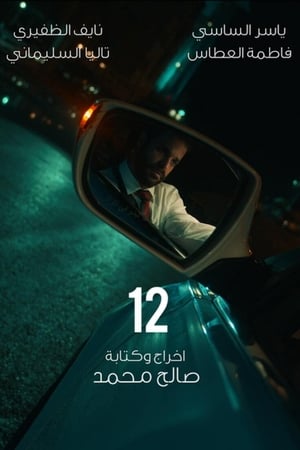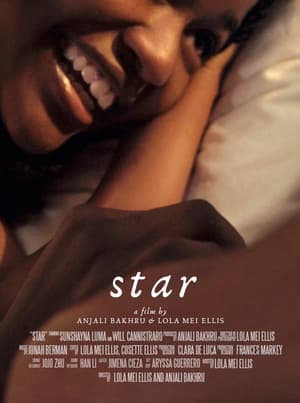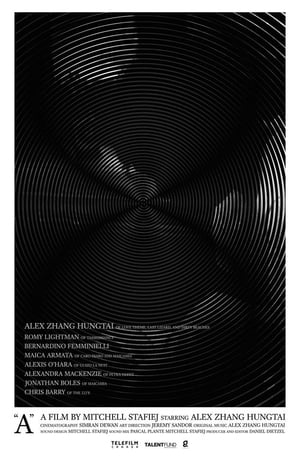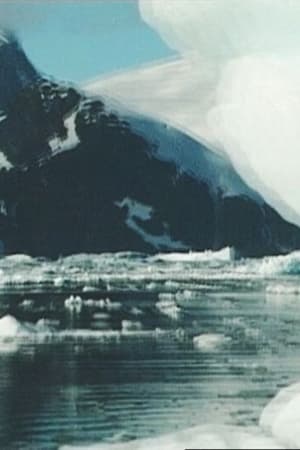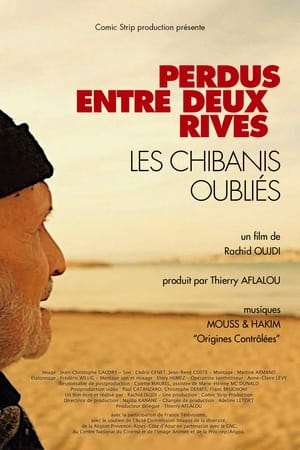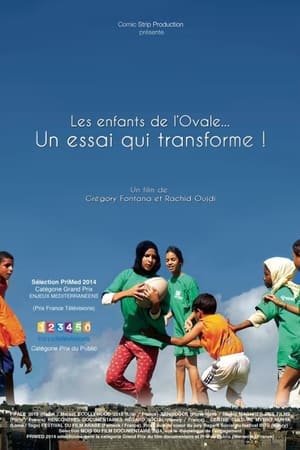
Our Algeria(1959)
"Djazaïrouna", produced by the cinema service of the Provisional Government of the Algerian Republic (GPRA), is a montage film intended to inform the international community at the UN in 1959 on the objectives pursued by the Algerian resistance during the war of 'Algeria. Independence in Algeria (1954-1962). In 1959, Djamel-Eddine Chanderli and Mohammed Lakdar-Hamina produced Djazaïrouna (Our Algeria) from images taken by René Vautier and Doctor Pierre Chaulet. This film, completed a little later and will result in the film “The Voice of the People”. This documentary on the history of Algeria through a montage of current events, traces the political and military actions of the A.L.N, the demonstrations of December 1960, and the attack on a fortified French base on the border between Algeria and Tunisia.

Movie: Our Algeria

جزائرنا (Djazaïrouna)
HomePage
Overview
"Djazaïrouna", produced by the cinema service of the Provisional Government of the Algerian Republic (GPRA), is a montage film intended to inform the international community at the UN in 1959 on the objectives pursued by the Algerian resistance during the war of 'Algeria. Independence in Algeria (1954-1962). In 1959, Djamel-Eddine Chanderli and Mohammed Lakdar-Hamina produced Djazaïrouna (Our Algeria) from images taken by René Vautier and Doctor Pierre Chaulet. This film, completed a little later and will result in the film “The Voice of the People”. This documentary on the history of Algeria through a montage of current events, traces the political and military actions of the A.L.N, the demonstrations of December 1960, and the attack on a fortified French base on the border between Algeria and Tunisia.
Release Date
1959-01-01
Average
10
Rating:
5.0 startsTagline
Genres
Languages:
العربيةKeywords
Recommendations Movies
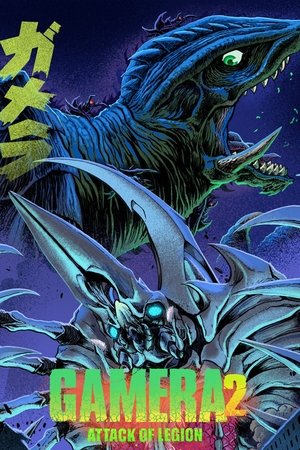 7.5
7.5Gamera 2: Attack of Legion(ja)
A strange meteor lands in Japan and unleashes hundreds of insect-like "Legion" creatures bent on colonizing the Earth. When the military fails to control the situation, Gamera shows up to deal with the ever-evolving space adversary. However the battle may result in Gamera losing his bond with both Asagi and humanity.
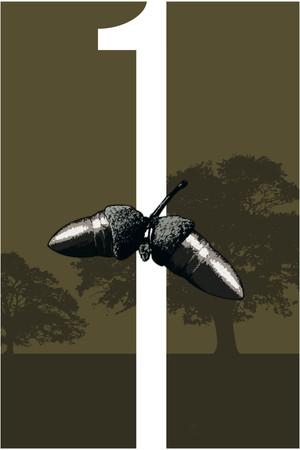 6.7
6.71(en)
Early morning silence is broken by screeching tires as a helicopter bears down on a speeding vehicle. Taking a quick corner, the team tumbles out into the woods as their car pulls away. Now they must make their way through the thick of nature and thick gunfire to accomplish their mission. Not a single word of dialogue is spoken throughout the entire film. Instead, the music, sounds, images and deeply truthful acting turn a simple plot into an intense experience. Passion and intrigue keep building to the very end.
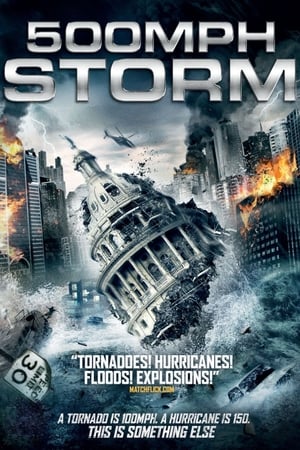 5.5
5.5500 MPH Storm(en)
When an energy experiment goes haywire, a rash of massive hurricanes rips across North America. A high school science teacher must get his family to safety before the hurricanes merge, creating a "hypercane" with the power to wipe the US off the map.
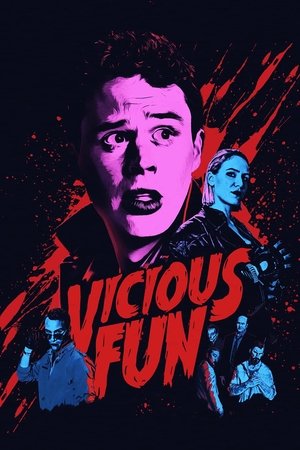 6.5
6.5Vicious Fun(en)
Joel, a caustic 1980s film critic for a national horror magazine, finds himself unwittingly trapped in a self-help group for serial killers. With no other choice, Joel attempts to blend in with his homicidal surroundings or risk becoming the next victim.
12(en)
After blowing his professional ballet career, John's only way to redeem himself is to concoct the demise of his former partner, Leah, who he blames for his downfall; he rehearses his salvation in his mind in the way that he rehearses a dance, but being able to break from the routine will be the key to his success.
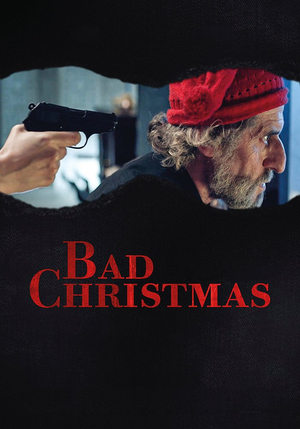 7.6
7.6Bad Christmas(es)
A peaceful Christmas Eve is interrupted when a thief breaks into a villa. When the family’s little daughter mistakes him for Santa Claus and asks him to fulfill her Christmas wish, he will be forced to perform a miracle that will redeem secrets from the past.
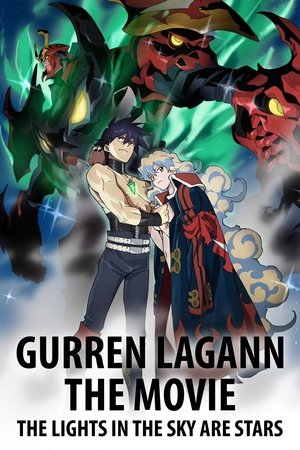 7.9
7.9Gurren Lagann the Movie: The Lights in the Sky Are Stars(ja)
Seven years after the defeat of the spiral king, Simon and the Dai-Gurren brigade must set out to the vastness of space to defeat a new threat and save the universe.
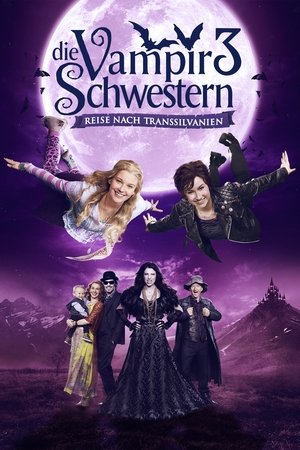 6.6
6.6Vampire Sisters 3: Journey to Transylvania(de)
Vampire sisters Silvania and Daka try to rescue their baby brother, a half-vampire, from the clutches of the evil vampire queen Antanasia, who wants to crown him as her heir.
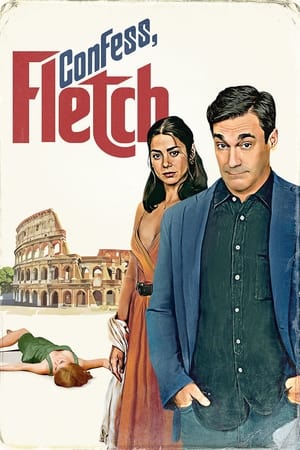 6.3
6.3Confess, Fletch(en)
The roguishly charming and endlessly troublesome Fletch becomes the prime suspect in a murder case while searching for a stolen art collection. The only way to prove his innocence? Find out which of the long list of suspects is the culprit - from the eccentric art dealer and a missing playboy to a crazy neighbor and Fletch’s Italian girlfriend. Crime, in fact, has never been this disorganized.
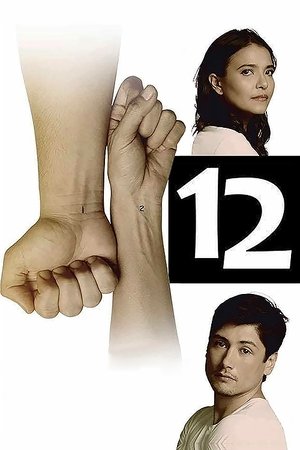 5.8
5.812(tl)
Anton and Erika started out as friends for five years and got into a romantic relationship for seven years. Anton is a commercial director while Erika is a former band member and becomes his stay-at-home partner. The day finally comes when he asks her to marry him.
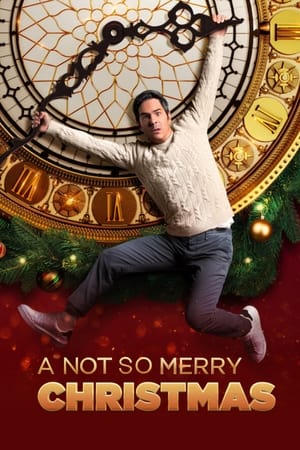 6.8
6.8A Not So Merry Christmas(es)
A curse is placed on grinchy Chuy, who wakes up to find he's lived a full year, but is doomed to remember only Christmas Day. Every year. From now on.
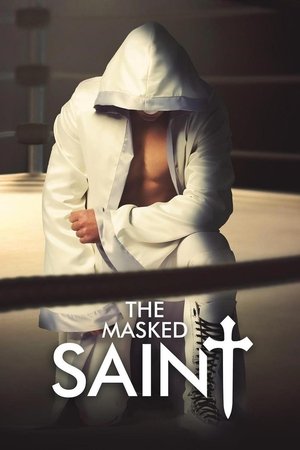 5.6
5.6The Masked Saint(en)
The journey of a professional wrestler who becomes a small town pastor and moonlights as a masked vigilante fighting injustice. While facing crises at home and at the church, the Pastor must evade the police and somehow reconcile his violent secret identity with his calling as a pastor.
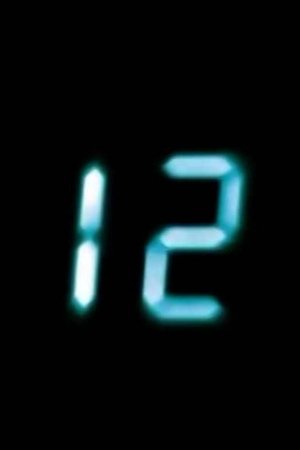 5.0
5.012(en)
12, is a comic parody about an office's obsession with the television show 24 as the their obsessions kick into high gear with the shows season finale approaching. Part The Office part 24, the short film mash-up introduces a novel send-up of these pop culture staples.
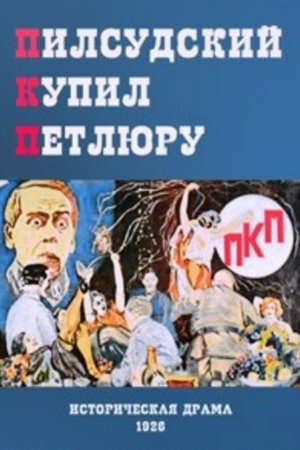 5.6
5.6P.K.P.(ru)
The defeated remnants of vile Ukrainian nationalists, headed by the leader of the Ukrainian liberation movement, Symon Petliura, cannot accept their historical fate and are plotting an insurrection against the Soviet regime in Ukraine. There is nothing Petliura and his cohorts would not do to win back control over Ukraine, including selling it to the highest bidder, in this case, the Polish dictator Jozef Pilsudski. A group of plotters are coordinating an insurrection in Kyiv with an attack from Poland headed by Petliura’s general Yurko Tiutiunnyk. Predictably, the invincible Red Army defeats the nationalist plotters and proves that the Soviet borders are impregnable.
 6.4
6.4Seven Days: Friday - Sunday(ja)
Toji Seryo is a popular first year high school student. It's well known that Toji Seryo will date anyone that confesses their affection for him on a Monday, but he will break up with that person by Sunday. Yuzuru Shino is a third year student at the same high school. He looks pretty, but all of his former girlfriends end up dumping him. Yuzuru Shino becomes curious about Toji Seryo. On a whim, half serious and half joking, Yuzuru Shino asks Toji Seryo to date. The film is based on a comic. Part 1 follows Monday to Thursday. Part 2 follows Friday to Sunday.
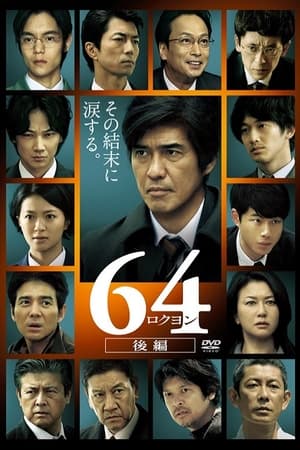 7.4
7.464: Part 2(ja)
1989: 64th and last year of the Showa era. A girl is kidnapped and killed. The unsolved case is called Case 64 ('rokuyon'). 2002: Yoshinobu Mikami, who was the detective in charge of the Case 64, moves as a Public Relations Officer in the Police Affairs Department. His relation with the reporters is conflicted and his own daughter is missing. The statute of limitations for the Case 64 will expire in one year. Then a kidnapping case, similar to the Case 64, takes place. The rift between the criminal investigation department and police administration department deepens. Mikami challenges the case as a public relations secretary.
Similar Movies
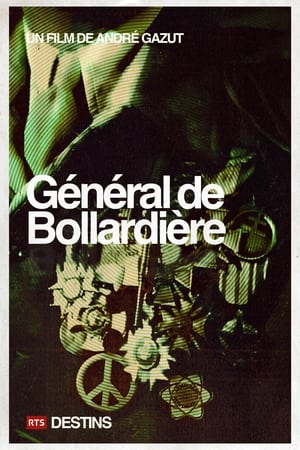 10.0
10.0Destins: Général De Bollardière(fr)
The exceptional portrait of a pacifist general, the only senior officer to have spoken out against torture. This precious testimony still remains censored in France, since no national channel has to date decided to program this documentary. Son and brother of a soldier, General Pâris de Bollardière was destined for a career in arms. He was, for many years, one of the most brilliant representatives of this adventurer career in France, from Narvik to the Algerian War. After fighting in the French maquis, he reached Indochina, where he suddenly found himself in the aggressor's camps. His beliefs are strongly shaken. But it is in Algeria, where the French army practices torture and summary executions, that he takes the big turn. He expresses his contempt to Massu, and is relieved of his command. Until his death in 1986, Jacques de Bollardière fought for world peace, from the Larzac plateaus to the Mururoa atolls.
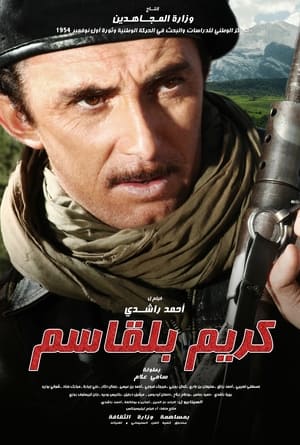 10.0
10.0Krim Belkacem(ar)
This film retraces the combat journey of Krim Belkacem, one of the leading figures of the Algerian War. When he left the Dellys barracks in October 1945, the day after the Second World War, Krim Belkacem was 23 years old. He is a man revolted by the May massacres in Sétif, Guelma, Kherrata and several other localities in the ravaged country. But it is also and above all a young Algerian who questions the future of Algeria. On March 21, 1947, Krim at the age of 25, he dug up his "Sten" submachine gun, he took action against the boss of his douar who was none other than his cousin. He goes into hiding with six companions. He meshes this entire part of Algeria with a dense and dense network with the sole objective of taking action which will lead to the outbreak of the armed struggle on November 1, 1954.
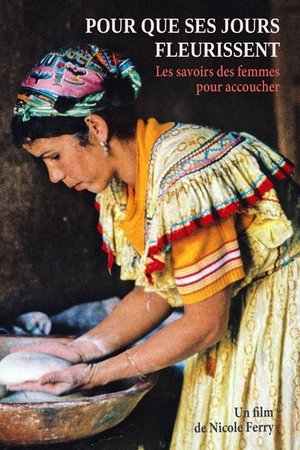 10.0
10.0Pour Que Ses Jours Fleurissent(fr)
Six o'clock in the morning, the sun rises behind the Djurdjura mountain. With precise gestures, learned since childhood, Ouardia raises the water, crouches down to splash his face with cool water. Soon her baby will be born. Hadjila, the traditional midwife, prepares herself internally to help the mother complete the transition from separation. This film talks about the knowledge surrounding birth that Kabyle women have passed down for centuries; knowledge that European women seek to rediscover in order to reclaim this founding passage of our lives.
 6.3
6.3Intimate Enemies(fr)
A drama following a French platoon during Algeria's war of independence.
 7.0
7.0143 Sahara Street(fr)
Alone in a small white house on the edge of national road 1, the Trans-Saharan road, which connects Algiers to Tamanrasset crossing the immensity of the desert, Malika, 74, one day opened her door to the director Hassen Ferhani, who came there to scout with his friend Chawki Amari, journalist at El Watan and author of the story Nationale 1 which relates his journey on this north-south axis of more than 2000 km. The Malika of Amari's novel, which Ferhani admits to having first perceived as a "literary fantasy", suddenly takes on an unsuspected human depth in this environment naturally hostile to man. She lends herself to the film project as she welcomes her clients, with an economy of gestures and words, an impression reinforced by the mystery that surrounds her and the rare elements of her biography which suggest that she is not from the region, that she left the fertile north of Algeria to settle in the desert where she lives with a dog and a cat.
 7.5
7.5To Be Twenty in the Aures(fr)
A group of refractory and pacifist Bretons is sent to Algeria. These beings confronted with the horrors of war gradually become killing machines. One of them did not accept it and deserted, taking with him an FLN prisoner who was to be executed the next day. International Critics Prize at the 1972 Cannes Film Festival. Copy restored in 2012
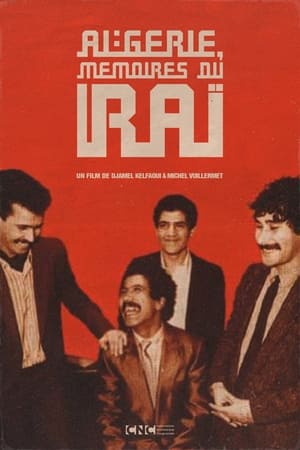 10.0
10.0Algeria, Memoirs of Raï(fr)
In the 1980s, Algeria experienced a tumultuous social context which reached its peak during the riots of October 88. This wave of protest, with youth as its figurehead, echoed the texts of raï singers. Thirst for freedom, misery of life and the aspirations of youth are among the main themes of their works which will inspire an entire generation. More than music, raï celebrates the Arabic language and becomes a vector of Algerian culture, thus providing the cultural weapons of emerging Algerian nationalism With Cheb Khaled, Cheb Mami and Chaba Fadela as leaders of the movement, raï is also a way of telling and reflecting the essence of Algeria in these difficult times. While the threat weighs on artists in Algeria, their exile allows raï to be exported internationally and thus, to bring the colors of Algeria to life throughout the world.
 6.0
6.0The Panafrican Festival in Algiers(ar)
Festival panafricain d'Alger is a documentary by William Klein of the music and dance festival held 40 years ago in the streets and in venues all across Algiers. Klein follows the preparations, the rehearsals, the concerts… He blends images of interviews made to writers and advocates of the freedom movements with stock images, thus allowing him to touch on such matters as colonialism, neocolonialism, colonial exploitation, the struggles and battles of the revolutionary movements for Independence.
 8.7
8.7Jeronimo(en)
Born to Korean immigrant parents freed from indentured servitude in early twentieth century Mexico, Jerónimo Lim Kim joins the Cuban Revolution with his law school classmate Fidel Castro and becomes an accomplished government official in the Castro regime, until he rediscovers his ethnic roots and dedicates his later life to reconstructing his Korean Cuban identity. After Jerónimo's death, younger Korean Cubans recognize his legacy, but it is not until they are presented with the opportunity to visit South Korea that questions about their mixed identity resurface.
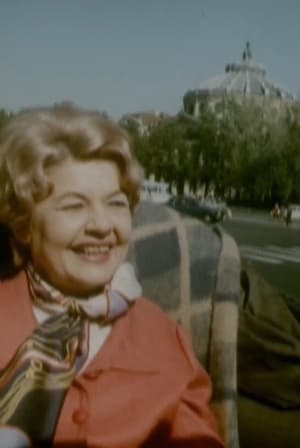 0.0
0.0Letter from Romania(ro)
Part of a series of promotional films commissioned by Romania's National Tourism Office in the early 1970s with the aim of reconnecting diasporic communities with the country they left behind. In this case, the film is addressed to Jews who emigrated in the context of the Second World War or were sold by the Romanian state to the State of Israel starting in the 50s and settled in Israel and the USA - therefore, a target group made up of seniors, probably retired , possibly prosperous, eager to revisit the places of youth and willing to forget, temporarily, the traumas associated with them.
 7.2
7.2The Journey of Man: A Genetic Odyssey(en)
Many geneticists and archaeologists have long surmised that human life began in Africa. Dr. Spencer Wells, one of a group of scientists studying the origin of human life, offers evidence and theories to support such a thesis in this PBS special. He claims that Africa was populated by only a few thousand people that some deserted their homeland in a conquest that has resulted in global domination.
 7.9
7.9The Battle of Algiers(it)
Tracing the struggle of the Algerian Front de Liberation Nationale to gain freedom from French colonial rule as seen through the eyes of Ali from his start as a petty thief to his rise to prominence in the organisation and capture by the French in 1957. The film traces the rebels' struggle and the increasingly extreme measures taken by the French government to quell the revolt.
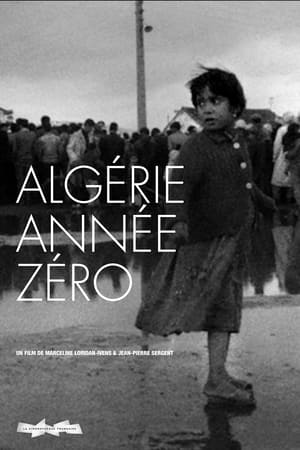 10.0
10.0Algeria, Year Zero(fr)
Documentary on the beginnings of Algerian independence filmed during the summer of 1962 in Algiers. The film was banned in France and Algeria but won the Grand Prize at the Leipzig International Film Festival in 1965. Out of friendship, the production company Images de France sent an operator, Bruno Muel, who later declared: "For those who were called to Algeria (for me, 1956-58), participating in a film on independence was a victory over horror, lies and absurdity. It was also the beginning of my commitment to the cinema."
 0.0
0.0Ancient Algiers(ar)
In the heart of the historic Casbah of Algiers, buzzing with life, we follow a day in the life of Mousaab, a passionate Algerian teenager navigating his challenges while his love for his local football club runs deep.
 5.5
5.5Amour de vivre(fr)
An account of the brief life of the writer Albert Camus (1913-1960), a Frenchman born in Algeria: his Spanish origin on the isle of Menorca, his childhood in Algiers, his literary career and his constant struggle against the pomposity of French bourgeois intellectuals, his communist commitment, his love for Spain and his opposition to the independence of Algeria, since it would cause the loss of his true home, his definitive estrangement.
 6.0
6.0A Captain's Honor(fr)
During a televised debate on the Algerian war in the early 1980s, Professor Paulet denounced the methods of Captain Caron, killed in action in 1957. The widow of the captain, Patricia, decided to file a defamation suit.
 10.0
10.0Algérie Tours Détours(fr)
A documentary road movie with René Vautier In the aftermath of Algeria's independence, René Vautier, a militant filmmaker, considered "the dad" of Algerian cinema, set up the cine-pops. We recreate with him the device of itinerant projections and we travel the country in ciné-bus (Algiers, Béjaïa, Tizi Ouzou, Tébessa) to hear the voices of the spectators on the political situation, youth and living conditions of men and Of women today.
